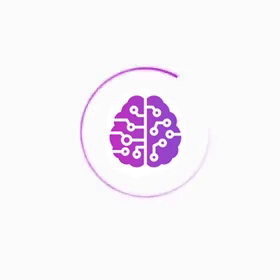
On May 19, 2025, the world witnessed a historic event — more than 40 countries signed the first international agreement on the regulation of artificial intelligence. This document, the result of lengthy negotiations under the auspices of the United Nations, addresses key issues of safety, transparency, human rights, and ethics in the field of AI.
The agreement aims to establish unified rules for how companies and governments will develop and apply AI. Key provisions include: a ban on autonomous systems that make life-and-death decisions without human involvement; mandatory bias testing of AI models; algorithm audits; and the protection of personal data.
Special attention is given to legal responsibility — the agreement stipulates liability not only for developers but also for AI users in case of violations. This creates a legal precedent for a future in which autonomous systems become a routine part of life.
Leading tech companies, including Google, Microsoft, and Baidu, have already expressed support for the new principles, emphasizing the importance of public trust in AI. Experts believe this agreement will promote international cooperation and help prevent technological fragmentation of the world.
Although the document still requires ratification at the national level, it is already clear: a new era of AI regulation has begun. For the first time, humanity is striving not only to innovate but to manage innovation responsibly.
